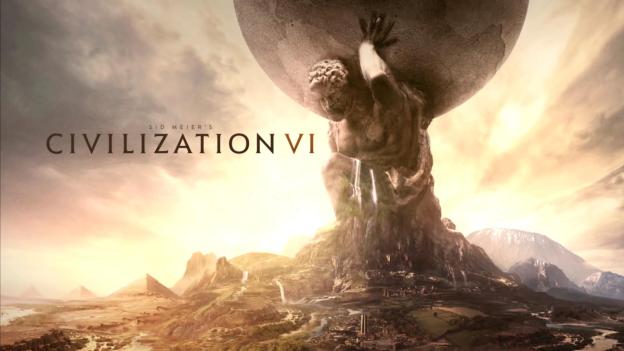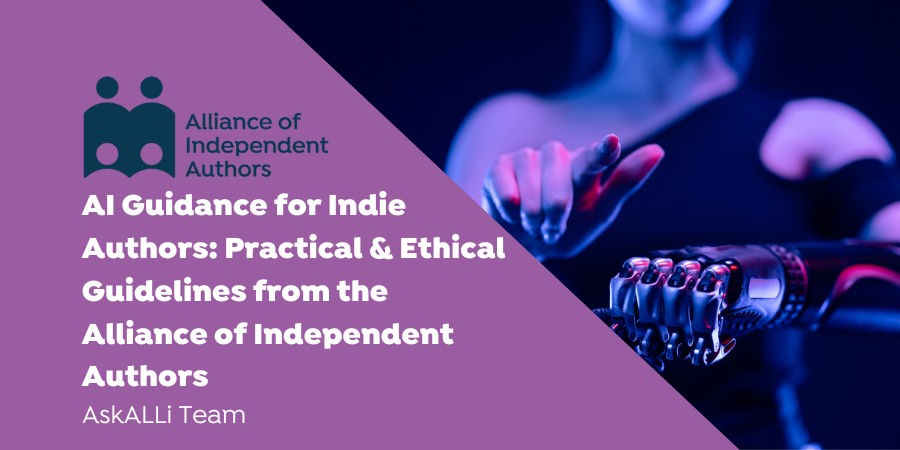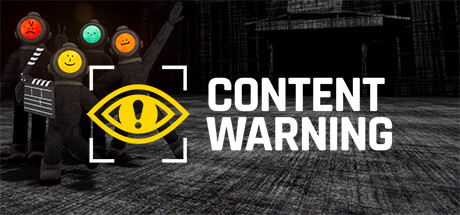AI Ate My Game Design?
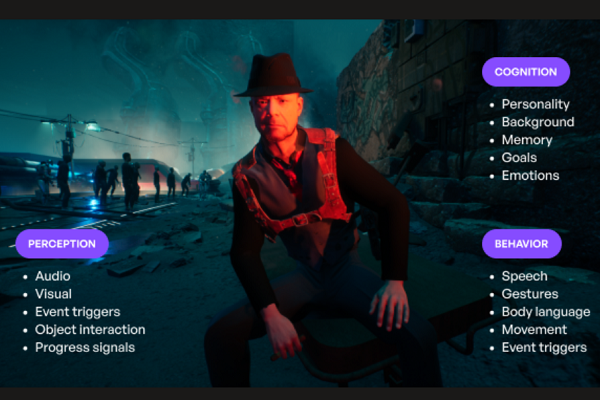
We've seen trends come and go in PC gaming. We've weathered the storm of early access promises broken, the rise and fall of loot boxes, and the never-ending debate about keyboard vs. controller. But something new is on the horizon – something that has the potential to fundamentally reshape the way games are made, and not necessarily for the better: Generative AI.
Specifically, I’m talking about tools like Ludo AI (ludo.ai), which markets itself as a revolutionary platform for indie game developers. The promise? To generate game design documents, mechanics, and even complete game concepts from simple text prompts. Sounds amazing, right? A solo dev or a small team could theoretically use Ludo AI to rapidly prototype ideas and overcome creative blocks. But beneath the surface of this technological marvel lies a potential legal minefield, especially when it comes to copyright infringement.
The core issue is this: AI learns by absorbing vast amounts of existing data. In Ludo AI's case, that likely includes countless game design documents, gameplay descriptions, and even code snippets from existing games. This raises a crucial question: how can we be sure that the AI-generated content is truly original, and not just a sophisticated remix of existing intellectual property? Let's dive into a few hypothetical scenarios to illustrate the problem.
"Civilization AI": Leading Empires…and Lawyers?
Let's start with a classic. I fed Ludo AI the following prompt: "Create a turn-based strategy game where players lead civilizations through history, developing technologies, constructing wonders, and engaging in diplomacy and warfare."
The output, while not a direct copy, bore striking similarities to Civilization VI. It suggested a technology tree with advancements mirroring Civilization's (albeit with slightly different names), unique units for each civilization based on historical counterparts, and a city-building mechanic focused on specialization and resource management.

For example, Civilization VI has "Writing" as an early tech to unlock culture. The Ludo AI output suggested “Literacy” as a similar starter tech to allow production of “civic decrees.” While the name changed, the functionality and position in the tech tree were suspiciously similar. Even if the AI rewords the descriptions, the underlying concept – the idea – might still tread dangerously close to copyright infringement, particularly if a judge determines the overall "look and feel" is too similar.
"Factory AI": Automation, Aliens, and Accusations?
Next, I prompted Ludo AI with: "Design a game about building an automated factory on an alien planet to launch a rocket into space while defending against alien attacks."
Sound familiar? Factorio, anyone? The AI-generated output detailed systems for resource gathering (ore, oil, etc.), crafting recipes to create increasingly complex machines, conveyor belt systems for automated transportation, and automated defenses to fend off alien incursions. These are all core mechanics of Factorio.
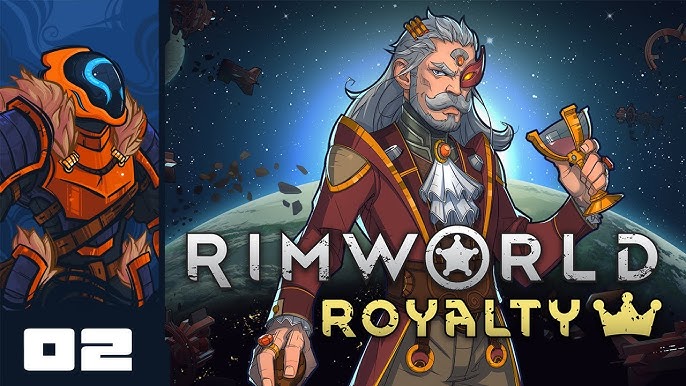
Again, the AI might not directly copy Factorio's crafting recipes or the exact layout of its technology tree. But the fundamental gameplay loop – build a factory, automate production, defend against aliens, launch a rocket – is so closely aligned with Factorio's core identity that an indie developer who uses this AI-generated concept risks serious legal trouble.
"Stellar AI" and "Rim AI": Expanding the Universe of Potential Problems
I could repeat this exercise with prompts inspired by Stellaris (grand strategy in space) and RimWorld (colony simulation with emergent storytelling). In each case, Ludo AI would likely generate content that, while not a blatant copy, would echo the core mechanics and themes of those games. This isn't necessarily a malicious act by Ludo AI, but it highlights the inherent risks of using AI-generated content without careful vetting.
The Indie Dev's Dilemma: Convenience vs. Copyright
The appeal of Ludo AI and similar tools is undeniable. They offer the promise of rapid prototyping and creative inspiration, especially for smaller teams with limited resources. But is the convenience worth the risk? Imagine an indie developer pouring their heart and soul into a game, only to face a lawsuit because an AI unintentionally plagiarized existing intellectual property. Even if they ultimately win the case, the legal fees and reputational damage could be devastating.
Voices from the Community: Modders Weigh In
To get a sense of how this impacts the community, I reached out to some modders. Eva, a long-time Factorio modder, shared her concerns: "I'm worried about a flood of cookie-cutter factory games using AI-generated ideas. A lot of Factorio's modding scene thrives on originality, and if everyone starts using the same AI-generated concepts, it could dilute the creativity and make everything feel the same."
Marcus, a Civilization VI modder, echoed these sentiments: "The beauty of Civilization VI is in its nuanced historical accuracy and unique leader abilities. If AI starts churning out generic civilization builders with rehashed ideas, it could really hurt the modding community, which relies on building upon that uniqueness. How can we improve a game when all the new ideas are AI reskins of old mechanics? We might as well just playtest the AI's homework assignment."
Practical Steps to Protect Yourself
So, what can indie developers do to mitigate the risk of unintentional plagiarism when using AI-generated content? Here are a few practical strategies:
- Mechanics Comparison: Rigorously compare the AI-generated descriptions of game mechanics to existing games in the genre, especially those with similar themes and gameplay loops. Don't just look at the wording; focus on the underlying functionality and design.
- Plagiarism Detection Software: Utilize plagiarism detection software (like Grammarly's plagiarism checker or Copyscape) on AI-generated text to identify potential matches to existing articles, game descriptions, or design documents.
- Concept Uniqueness Review: Manually assess the uniqueness of core game concepts, comparing them to established tropes and mechanics in the genre. Ask yourself: Is this truly a novel idea, or is it just a rehash of something that already exists?
- Seek legal counsel: It is also essential to consult with a lawyer knowledgeable in intellectual property law, specifically in the gaming industry, to review the final design documents before proceeding with development.
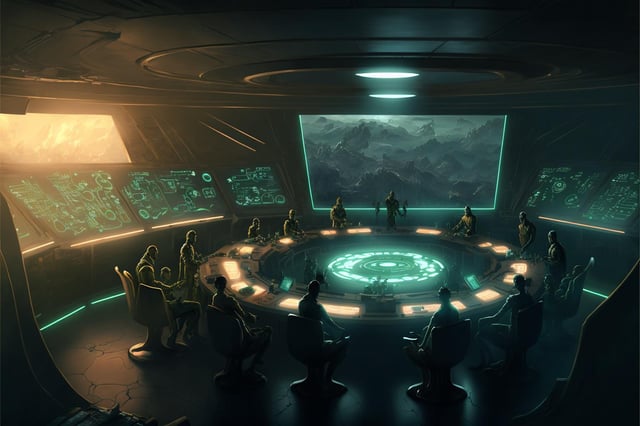
The Future of Game Design: Proceed with Caution
Generative AI has the potential to be a powerful tool for game developers, but it's crucial to approach it with caution. The risk of unintentional plagiarism is real, and the consequences can be severe. Until AI can truly create original content without relying on existing data, indie developers must prioritize thorough vetting and due diligence. The future of game design may very well be shaped by AI, but it's up to us to ensure that it's a future built on creativity, not copyright infringement.
